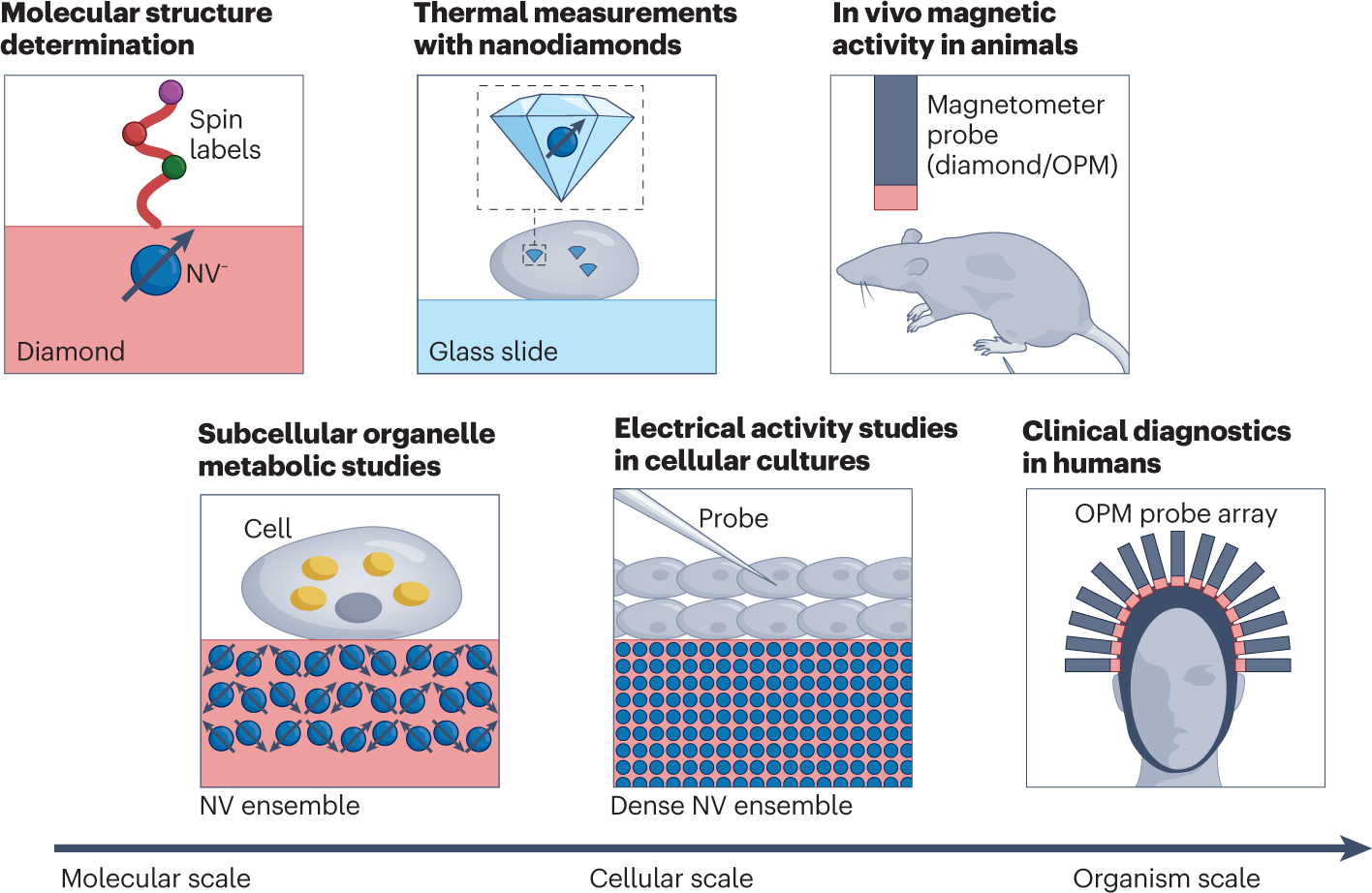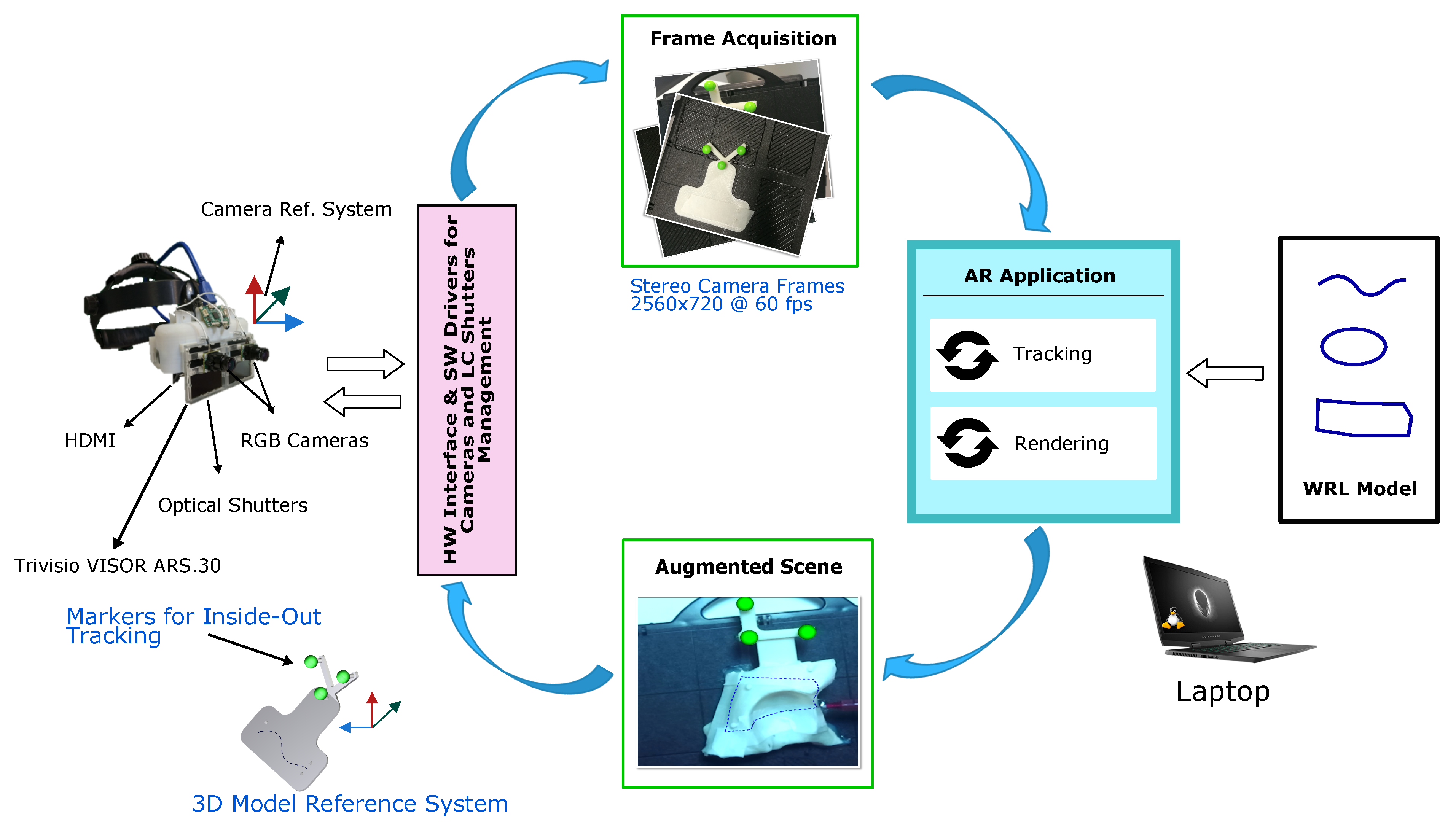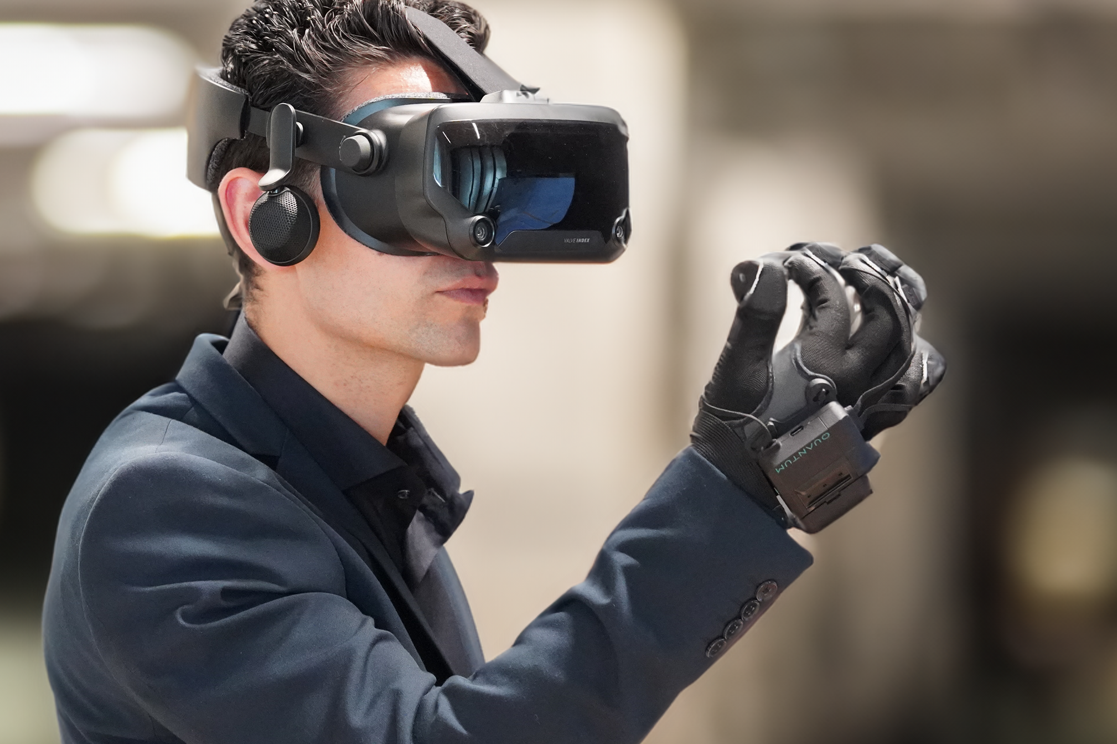Introduction
Quantum physics, with its mind-boggling principles and phenomena, continues to captivate the imagination of scientists and researchers worldwide. Over the years, quantum mechanics has not only challenged our understanding of the universe but also unlocked a treasure trove of technological innovations. One of the most groundbreaking developments in the realm of quantum physics is the advent of quantum sensors.
In this blog post, we will explore the world of quantum sensors and their profound significance in research and academia. From understanding the basics of quantum sensors to their diverse applications, we will uncover how these remarkable devices are reshaping the landscape of modern science.
What Are Quantum Sensors?
Before we delve into their applications, let’s first grasp the essence of quantum sensors. At their core, quantum sensors are specialized devices that leverage the principles of quantum mechanics to measure physical quantities with unprecedented precision. Unlike classical sensors that rely on classical physics, quantum sensors exploit the unique behaviors of quantum particles, such as superposition and entanglement, to achieve remarkable levels of sensitivity and accuracy.
The foundation of quantum sensors lies in the concept of quantum states. Quantum particles, such as atoms and photons, can exist in a superposition of multiple states simultaneously. This property allows quantum sensors to perform multiple measurements in parallel, enhancing their efficiency and precision. Furthermore, quantum entanglement enables sensors to exhibit correlated behaviors, making them ideal for applications that require synchronization and coherence.
Applications in Research
Quantum sensors have found a multitude of applications in various fields of research, significantly advancing our understanding of the physical world. Here are some notable examples:
Quantum Metrology: In the realm of metrology, the science of measurement, quantum sensors have revolutionized precision measurements. Quantum devices can measure time, frequency, and gravitational acceleration with unparalleled accuracy. These advancements have implications in fields like GPS technology and the study of fundamental constants.
Quantum Imaging: Quantum sensors have enabled the development of cutting-edge imaging techniques, such as quantum-enhanced imaging and quantum-enhanced microscopy. These techniques provide higher resolution and sensitivity, leading to breakthroughs in biology, materials science, and medical diagnostics.
Quantum Sensing in Space: Quantum sensors have made their way into space exploration. Quantum gyroscopes and accelerometers are used in spacecraft for navigation and position determination. They are crucial for missions like satellite-based Earth observation and interplanetary exploration.
Quantum Computing: Quantum sensors are closely linked to the world of quantum computing. They are used to read out the state of qubits, the fundamental units of quantum information. Quantum sensors play a critical role in the development of quantum hardware, paving the way for more powerful quantum computers.
Impacts on Academia
In academia, quantum sensors have opened up new avenues for research and education. They have become valuable tools for both undergraduate and graduate programs in physics and related disciplines. Here’s how quantum sensors are making an impact:
Hands-on Learning: Quantum sensors provide students with hands-on experience in working with cutting-edge technology. This exposure not only enhances their understanding of quantum physics but also equips them with practical skills that are in high demand in the industry.
Research Opportunities: Academic institutions are increasingly incorporating quantum sensors into their research programs. Faculty and students can explore a wide range of research questions across various domains, from quantum optics to quantum information science.
Interdisciplinary Collaboration: Quantum sensors encourage interdisciplinary collaboration. Researchers from different fields come together to leverage the capabilities of quantum sensors, fostering innovation and the exchange of ideas.
Inspiration and Engagement: Quantum sensors have the potential to inspire the next generation of scientists and researchers. Their intriguing applications and the promise of pushing the boundaries of knowledge serve as powerful motivators for aspiring scientists.
Challenges and Future Directions
While quantum sensors hold immense promise, they also face several challenges. One significant challenge is maintaining the delicate quantum states in real-world conditions. Environmental factors such as temperature fluctuations and electromagnetic interference can disrupt the coherence of quantum systems. Researchers are actively working on developing robust techniques to mitigate these challenges.
The future of quantum sensors is bright. As technology advances, we can expect even more sensitive and versatile quantum sensors. These advancements will likely lead to breakthroughs in fields like healthcare, environmental monitoring, and fundamental physics research.
Conclusion
Quantum sensors have ushered in a new era of scientific exploration and discovery. From their applications in precision measurements and imaging to their role in quantum computing and space exploration, these remarkable devices have become indispensable tools in research and academia.
As we continue to unlock the mysteries of the quantum world, quantum sensors will undoubtedly play a pivotal role in expanding our knowledge and pushing the boundaries of what is possible. With ongoing research and advancements, the future of quantum sensors holds the promise of even greater precision, sensitivity, and transformative impact in the world of science and academia.






